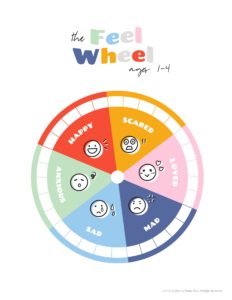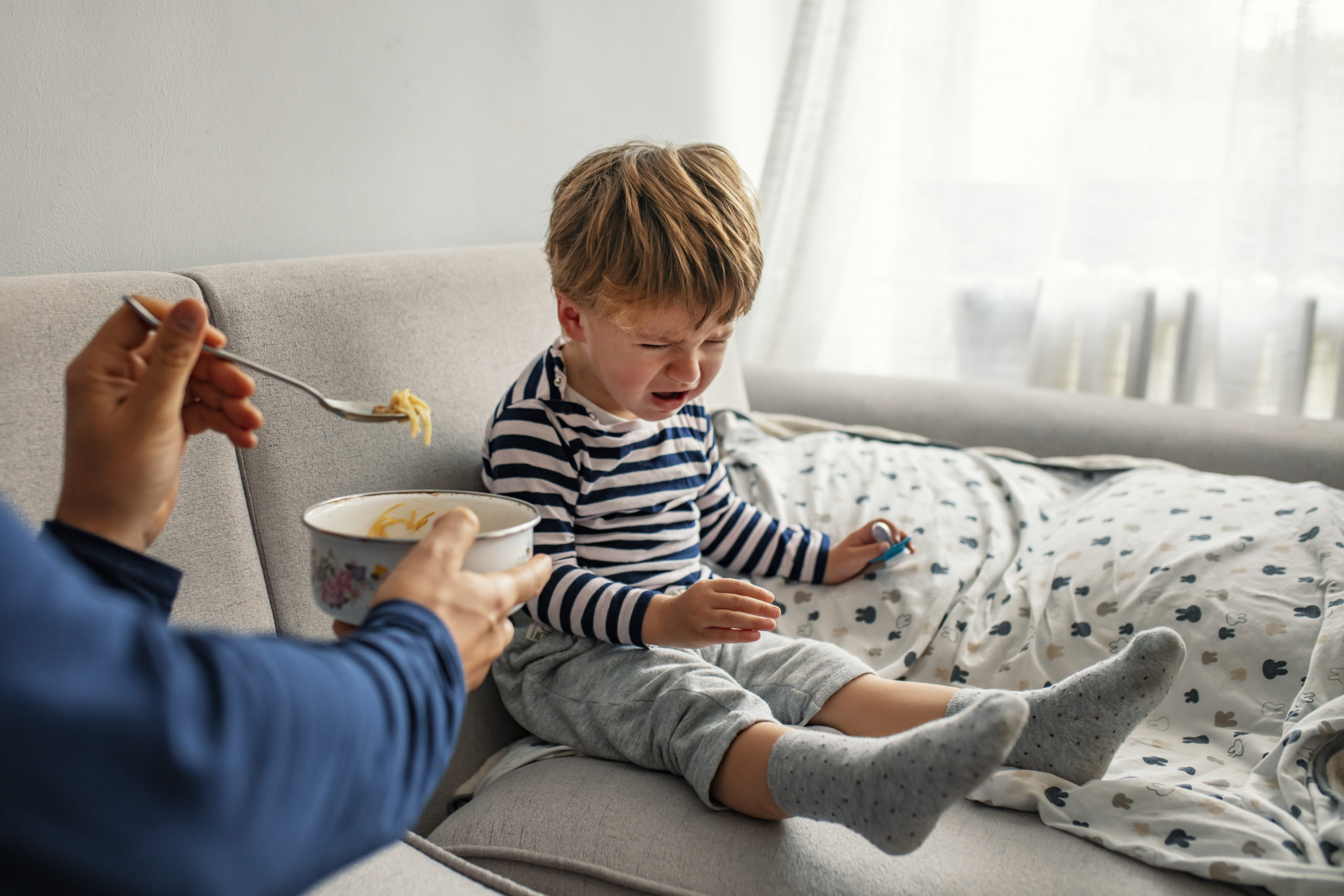“I love you.” Our kids heard those three little words from me all the time as preschoolers. We read books about how much I loved them, like Guess How Much I Love You and I Love You, Stinky Face. And we even sang a certain purple dinosaur’s “I Love You” song most nights. Please don’t judge my musical taste on that last point. I only sang the song because I knew my girls loved it.
As moms, our kids need to hear (and see through our actions) how much we love them. It helps them form healthy attachments with us. However, those aren’t the only three little words to say to children. Here are 10 more things kids need to hear from us.
1. “Use your words.”
Telling your child to “use your words” can profoundly impact his vocabulary development. Although typically developing 4- to 5-year-old children know between 1,000 to 2,000 words, your preschooler still needs help identifying the world around him, including the increasingly complex range of emotions he experiences throughout any given day. The Feel Wheel can help you give him the words to say.
2. “Take deep breaths.”
Little kids feel stressed and overwhelmed, too. Learning to pause and take deep breaths teaches them a self-soothing skill and supports their overall mental health. She’ll need your guidance to learn how to overcome a big emotion, though. Ask if you can hug her and invite her to breathe in rhythm with you. Take slow and deep breaths. Move your hand up and down her spine with each inhale and exhale. Keep breathing together until you feel her body relax.
3. “Eat a snack.”
There’s a reason the word “hangry” made it into our language. It’s tough to make good choices when we’re hungry. For a toddler in the middle of another growth spurt, hangry can come on fast and lead to intense meltdowns.
4. “Move your body.”
Young children move to learn and learn to move. When you encourage your child to move around the living room or backyard, she gets to practice using her arms, legs, feet, and entire body in relation to everything else. All this movement also stimulates the release of chemicals in your child’s brain that support memory and learning.
5. “Here’s what’s next.”
The predictability of routines helps your child know he is safe because he’s learned what comes next. When a toddler feels secure in his surroundings, he’s more likely to exhibit positive behaviors and a willingness to learn and try new experiences.
6. “I am sorry.”
Great news! Your child doesn’t need you to be perfect. When you mess up, it gives you the chance to model for your kid how to apologize. And it gives your child the opportunity to practice forgiveness. Try this simple four-step apology the next time you make an apology-worthy mistake. And, no, eating the last cookie in the house doesn’t count. That’s just good parenting because you proactively prevented a sibling fight.
7. “I see you.”
We all want to feel seen and understood. Your child is no different. When your child expresses a big emotion, validate him. Give him the words to identify his emotion and show him empathy. That might sound like this: “Honey, I can see by your red face and scrunched-up eyebrows that you feel frustrated that it’s time to leave. I know you’re having fun playing with your new friends. It can be hard to stop and get in the car. I understand.”
8. “Play with me.”
You are your child’s favorite person to play with right now. That will change as he gets older and peer relationships become increasingly more important, but that’s years away. Inviting your child to play with you shows him that he’s fun to be around and forges lifelong memories for you both.
9. “You’re a helper.”
Labeling your child isn’t always a bad thing. Research shows that when a mom calls a child a helper rather than asking a child to help, the child is more likely to help! Helping others makes us feel good by activating the “reward centers” in our brains. “Being called a helper makes kids feel like they’re embodying a virtue,” says Christopher Bryan, a University of California, San Diego psychologist.
10. “I love you.”
I already confessed to saying these three little words a lot to my girls. They need to hear it, even as teenagers. And so does your child. Over and over again with your words and your actions. It’s one of the most important things kids need to hear from us. Those three little words teach your child that he is valued and loveable, and hearing them strengthens his bond with you.
What’s your favorite book to read to your child about how much you love her?











